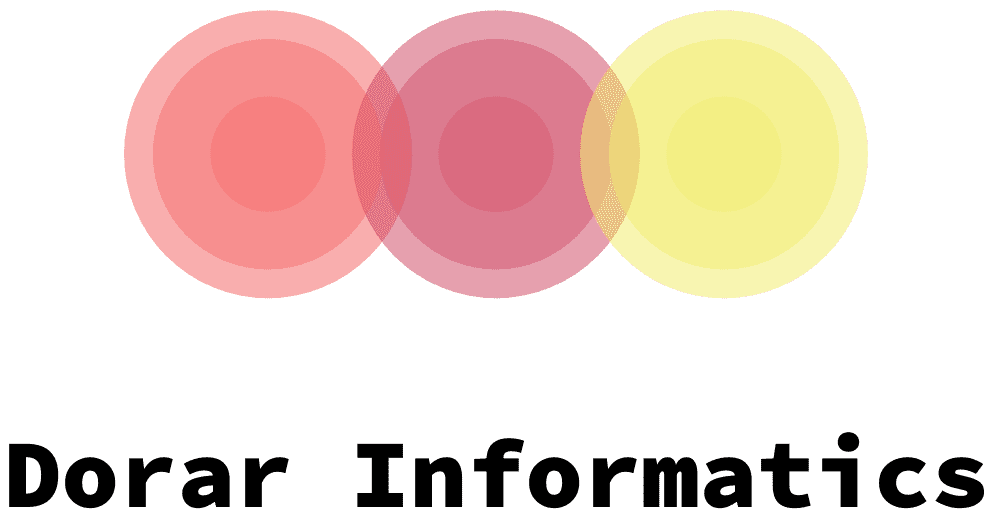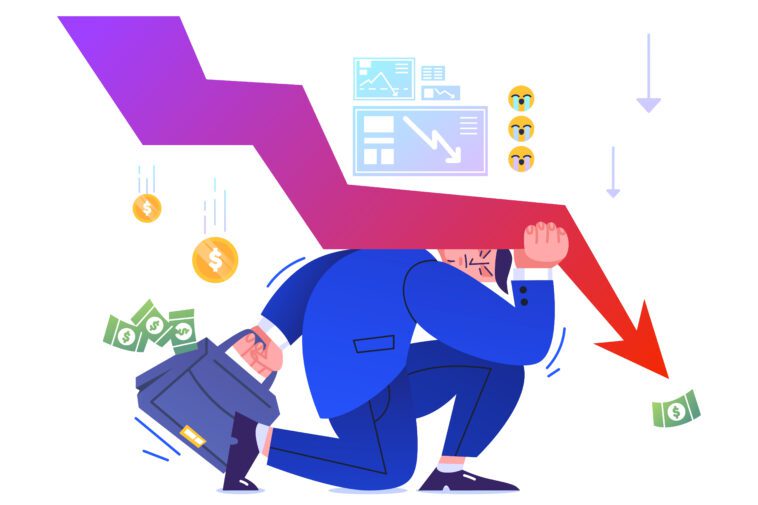A personal loan is an unsecured financial arrangement whereby the borrower receives money from a lender and is subsequently responsible for repaying the amount lent. The debt usually accrues interest until the principal is repaid. Loans are provided by individuals, organizations or other entities.
Secured vs unsecured loans
When looking for a personal loan, it’s important to understand the difference between secured and unsecured loans. It can help you find the best type of loan for your needs. Secured loans can have lower interest rates, while unsecured loans have higher interest rates.
A secure personal loan requires the borrower to put up collateral. These assets can include a home or car. In the event that the borrower defaults on the loan, the lender can seize the collateral and recover the money. This can be a good option for people who don’t qualify for an unsecured loan, but it’s a risk.
On the other hand, unsecured personal loans do not require collateral. Instead, lenders rely on your credit score, debt-to-income ratio, and income. Those who have a high credit score may be able to get an unsecured loan, while those with a poor credit score may be turned down.
Both types of personal loans have their pros and cons. Secured loans tend to have better rates and longer terms, while unsecured loans usually have higher rates and shorter terms. To make a good choice, it’s important to understand both options and the benefits and disadvantages of each.
An unsecured personal loan is usually easier to obtain and quicker to receive. The lender will also approve the loan based on your credit and income, and the loan will typically be paid back in installments. However, an unsecured loan can be a bad choice for those who need a larger loan.
A secured personal loan will allow you to use the assets you own as collateral. You can choose to put up your home or car, but it might take some time to sell. Alternatively, you can place money in a savings account as collateral.
Minimum requirements to qualify
A personal loan is a form of credit that is used for a variety of purposes. There are many different types of personal loans, but the requirements to qualify for them vary from lender to lender.
A major requirement to qualify for a personal loan is a good credit score. Most lenders will require a score of at least 600. However, some lenders will accept higher scores.
Having a low debt-to-income ratio (DTI) is another important factor. Many lenders require a DTI of no more than 35%. The lower the DTI, the better your chances of getting a personal loan.
Another consideration is your employment history. Lenders want to see you have a stable job. If you work full-time, you may have a better chance of qualifying. Even if you are self-employed, you may be eligible for a personal loan if you have a solid financial history.
Your age is another factor that may affect your eligibility for a personal loan. Younger borrowers usually have lower incomes and are less likely to have long records of timely repayment.
You may also have to include proof of your income. Depending on the lender, this can be a bank statement, paystubs, or even tax returns. Some lenders also require you to submit a signed letter from your employer.
Getting a co-borrower can help you get a larger loan amount and a lower interest rate. Be sure to find a co-borrower with excellent credit.
Personal loan providers often factor in your liquid assets. Borrowers with large, liquid assets are less likely to default than those with little or no cash.
Other factors that can impact your eligibility for a personal loan are your industry and your occupation. For example, people who work in food service and retail have higher default rates than those in other professions.
Interest rates
If you’re thinking of applying for a personal loan, you’ll need to do a bit of research. This will give you a better idea of what the true cost will be. You’ll also want to make sure you compare rates from different lenders. Ultimately, your decision will depend on your needs and your financial situation.
Interest rates are usually higher for longer loans. However, if you have a good credit score and are qualified for the loan, you may be able to get a lower rate.
The average interest rate on a two-year personal loan is 9.46%. However, the average APR for a commercial credit card is over 15%.
Typically, you’ll need a good credit score and income to qualify for the best interest rates on personal loans. In fact, you’ll often be offered lower rates if you are a government employee, a member of the military, or a salaried worker.
If you’re looking to borrow money, you may be surprised to find that personal loans can be a great way to pay off debt. Taking out a loan can help you to avoid late payment penalties and other expensive credit insurance add-ons.
Some lenders offer prequalification tools that provide you with a free “sneak peek” at the repayment terms. Whether you’re interested in a short-term or long-term personal loan, you’ll be able to compare loan rates from different lenders in just a few minutes.
To determine which lender is right for you, you’ll need to evaluate the rate, the term of the loan, and other important factors. It’s not uncommon for loans to be approved in just one day. Getting pre-approved is a good first step to take.
Repayment timelines
If you are planning on taking out a loan to fund a family vacation, buy a new car or just make ends meet, you need to pay attention to repayment timelines. For instance, your lender may work with you to create a plan that suits your budget and lifestyle. While it isn’t the most convenient option, a loan with a flexible repayment schedule can allow you to borrow more money while paying less. This can save you both time and money. The best way to do this is to find a loan with a low interest rate, a flexible payment structure and a generous interest free period. Fortunately, there are many lenders out there to choose from.
Depending on your budget and your lifestyle, you might opt for a shorter repayment term or pay it forward and let your lender handle the rest. This is the best way to avoid interest and penalties while still ensuring you get the cash you need. A short-term repayment plan can also be beneficial for your credit rating as a whole, so don’t be shy about asking.
Trade-offs
Personal loans are not always the best option for everyone. They have different advantages and disadvantages, and borrowers should be aware of these. It’s also important to consider all the fine print.
A personal loan is a loan that you can take out to pay for an expensive purchase or other large expense. Typically, these types of loans have reasonable interest rates and flexible repayment schedules. In addition, these loans can help consolidate high-interest debt, which can make monthly payments easier to manage. However, they also have some risks. For example, a borrower with poor credit may find that their rate is higher than they’d like. Or they might be required to secure a loan with an asset.
When deciding whether a personal loan is right for you, it’s a good idea to compare the different options and rates available. Using a tool such as the Bankrate calculator can help you determine which borrowing option is best for you. Also, consider your income and credit score when comparing loans. You can also work with a co-signer with good credit who can qualify you for a lower APR.
Personal loans are a great way to consolidate credit card balances. If you have a number of outstanding cards, a personal loan can help eliminate the hassle of making multiple payments per month. The interest rates and terms of a personal loan are usually much less than those of a credit card, and can help you save a significant amount of money.
There are also some trade-offs involved in taking out a personal loan. First, you’ll have to pay for the loan’s origination fees. These costs can add up to a substantial amount of money. Second, the amount you’ll pay for your interest is also a factor.




